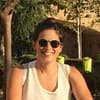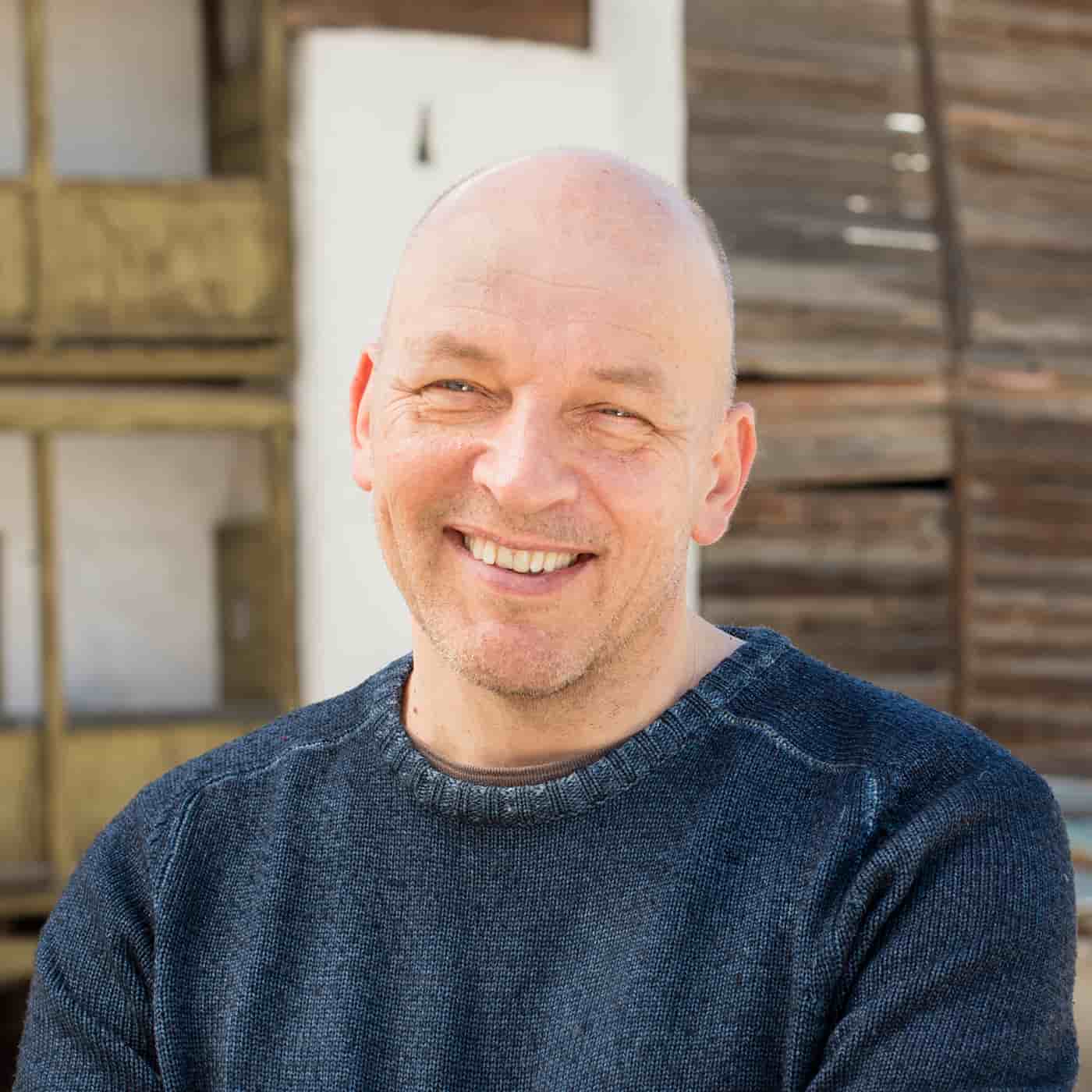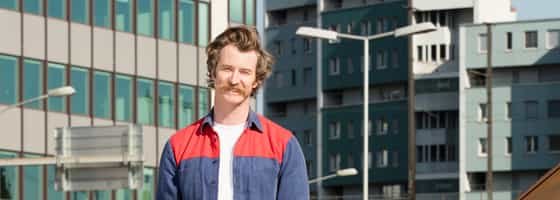What does “happiness” and “being happy” mean for you?
I work on the assumption that happiness isn’t something we need to create. We carry it around in ourselves: it’s the fire that keeps us alive, the seed that keeps us unique and magical. But if we don’t always feel happy, it has nothing to do with being short of something so much as having too much stuff sticking to us that weighs us down and makes us unhappy. We carry a shell around with us of vanities, expectations, fears and things we believe make us secure. But if we just look around us, we see that the wealth surrounding us is simply overwhelming. When I’m able to slip out of my shell, I’m happy.
And how, precisely, do you intend to crack that shell and help us out of our own?
It’s easier to do in some places than in others. In the city, when you’re constantly surrounded by culture and consumerism, it’s hard to find your inner peace. In the mountains, it happens by itself. Every peak is older than humankind, every weather-beaten pine tree gives us our inner peace. Individual old houses have the same power. Micha and I have turned this magnificent old house that had stood empty for decades into somewhere you can live and grow. We were driven by the desire to give it to other people, at least for a limited time. To give them the peace that makes our valley so unique and which the house reinforces.
How did your project come about, and have you always seen yourselves as “happiness heroes”?
People have been coming to our house, Chesa Parli, for almost a year now, and I can’t think of anyone who didn’t leave happier than when they arrived. We only actually realized that we were giving people happiness after we read your announcement. For us, it isn’t so much a realization as a natural experience that emptiness needn’t mean loneliness but that it can have a soul and be more fulfilling than anything else.





